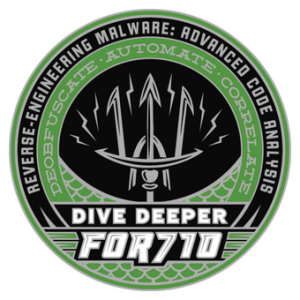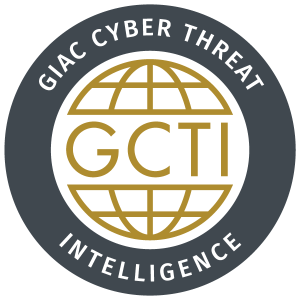
Smart Contract Hacking is a comprehensive online course that teaches you how to secure, hack, and use blockchain and smart contract technology. The course covers the fundamentals of blockchain, the popular Ethereum coding language Solidity, and the tools and techniques for auditing and exploiting smart contracts. You will learn how to deploy, scan, and test various blockchain implementations and protocols, such as Bitcoin, Ethereum, Solana, Cosmos, Near, NFTs, DeFi, and Web3. You will also get access to hands-on exercises, challenges, and quizzes to reinforce your learning and gain practical experience. By the end of the course, you will have the skills and knowledge to become a proficient web3 security professional.
Syllabus
Intro
Career Paths
EVM
Environment & Dev Tools
Exercises Guidelines
Tokens crash course: ERC20
Tokens crash course: ERC721
ReEntrsncy Attacks
Arithmetic over/underflow
Phishing Attacks
Randomness Vulnerabilities
Access Control & Default Visibility
DEFI Crash Course: DEXes
DEFI Crash Course: Money Markets
Replay Attacks
Flash Loans & Flash Swaps
Flash Loan Attacks
Denial of Service
Sensitive On-Chain Data
Unchecked Return Value
Frontrunning
DAO & Governance Attacks
Oracle Manipulation
Call / Delegate call Attacks







